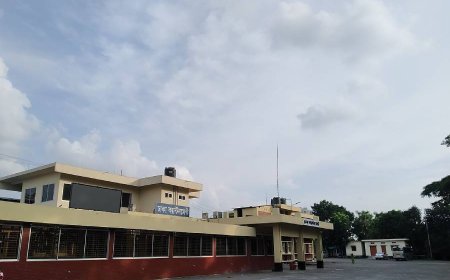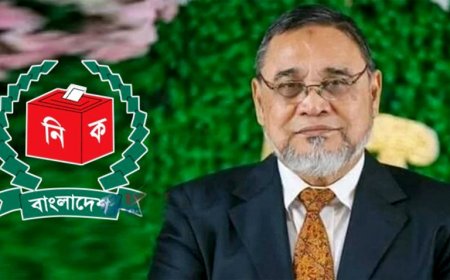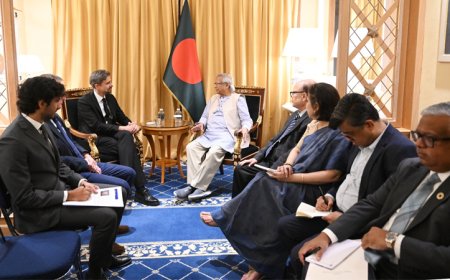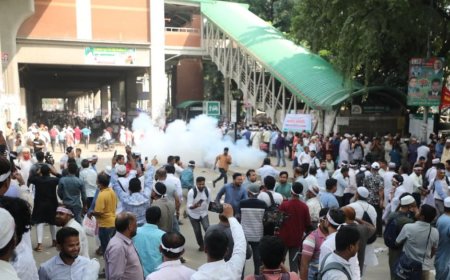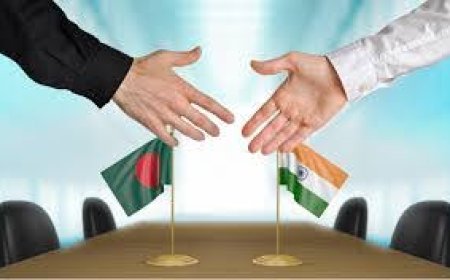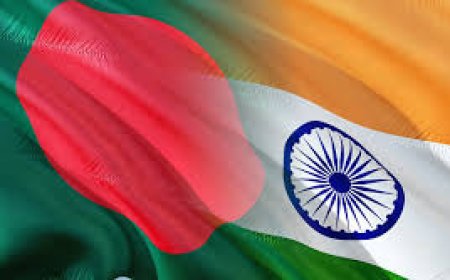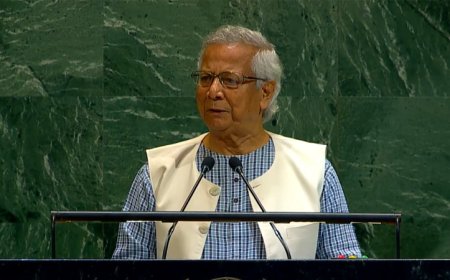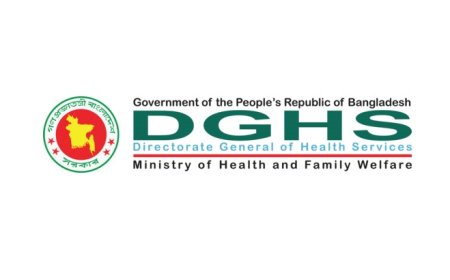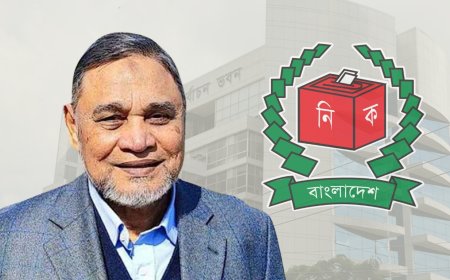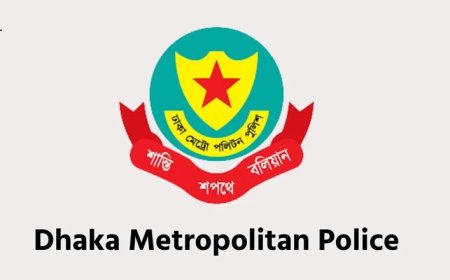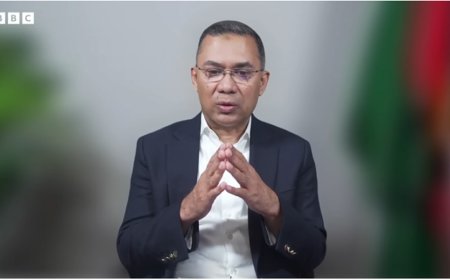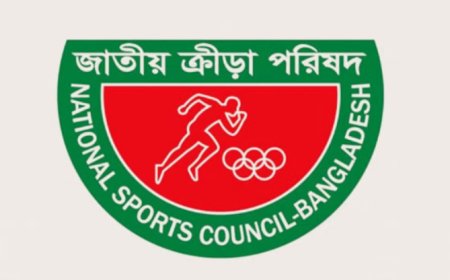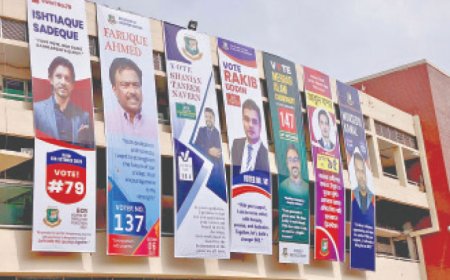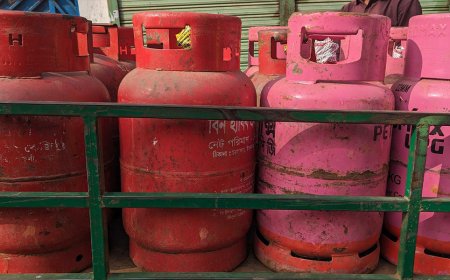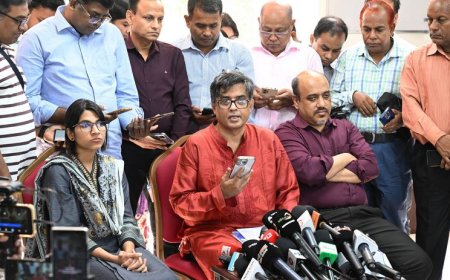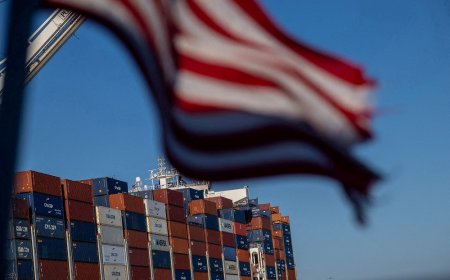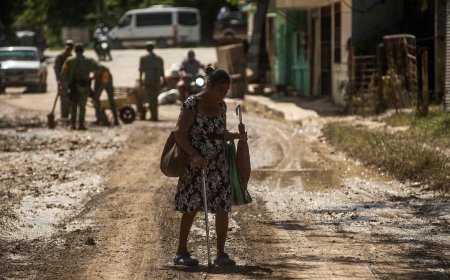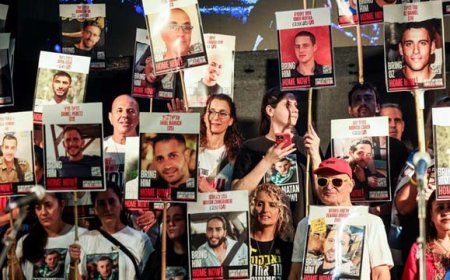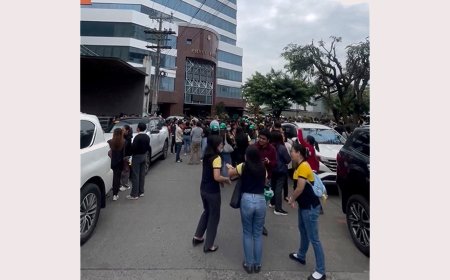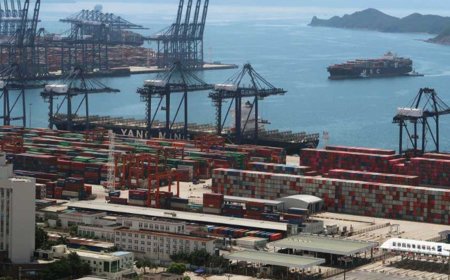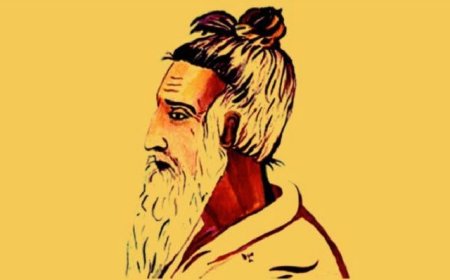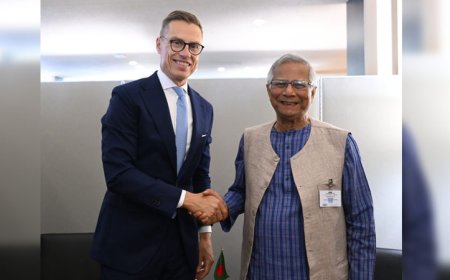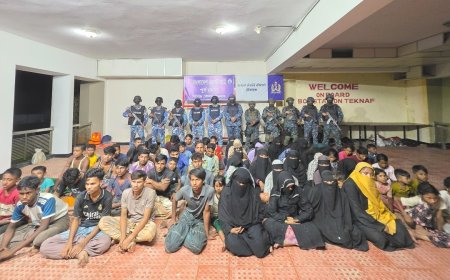Nepal, Bangladesh, Sri Lanka: Is South Asia Fertile For Gen Z Revolutions?
Is The World’s Most Densely Populated Region The Epicenter Of Gen Z Revolutions?
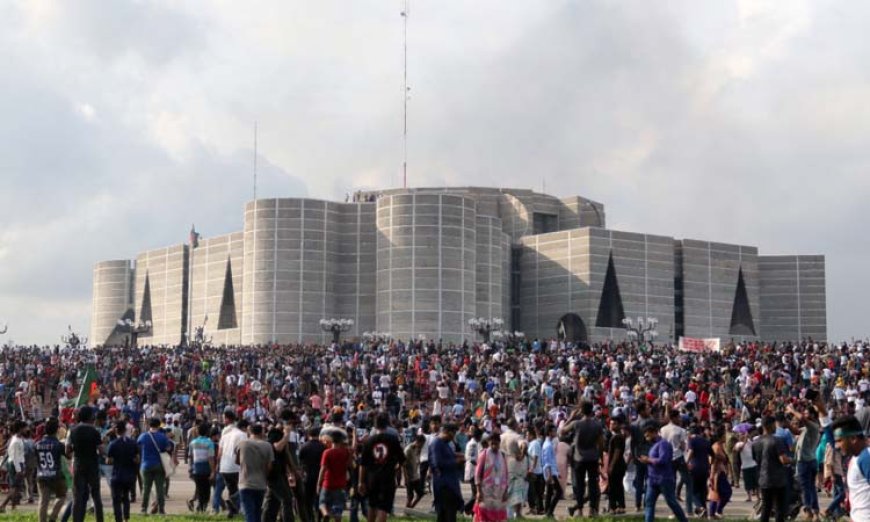
The clang of iron gates rang out like drumbeats as crowds surged forward. A tide of bodies crashed through barricades that, only hours earlier, had stood as symbols of power.
The corridors of the leader’s residence reverberated with muddy footsteps. Some protesters smashed windows and artefacts; others grabbed luxury bedsheets and shoes.
What had once been an untouchable fortress of authority briefly belonged to the people.
This was Nepal last week. It was also Sri Lanka in 2022. And Bangladesh in 2024.
As Nepal — a country of 30 million wedged between India and China — charts a political future outside the bounds of traditional electoral democracy, the wave of youth-driven uprisings toppling governments across South Asia raises a wider question: Is the world’s most densely populated region the epicenter of Gen Z revolutions?
“It’s certainly very striking. There’s this kind of new politics of instability,” said Paul Staniland, associate professor of political science at the University of Chicago, who studies political violence and international security in South Asia.
Last Thursday, some 10,000 Nepali youth — including many in the diaspora — chose an interim prime minister not through ballots but via an online poll on Discord, a platform popular with gamers. The vote followed three days of protests over corruption and nepotism that turned deadly, with more than 70 killed in clashes with security forces. Nepal has now announced fresh elections for March.
But the uprising had already claimed its first victory: Prime Minister KP Sharma Oli, who days earlier had mocked the Gen Z roots of the movement, resigned.
Across South Asia, youth anger is reshaping politics. From Colombo to Dhaka to Kathmandu, frustrated young people are seizing power when systems betray them.
This marks a sharp break with the region’s past. “It’s a very different orientation from a world where the main political conflict was military coups or elite struggles,” Staniland told Al Jazeera.
Each country’s protests sprang from unique crises. In Sri Lanka (2022), economic collapse triggered mass demonstrations. In Bangladesh (2024), police brutality against student activists catalyzed a movement that forced Sheikh Hasina from power. In Nepal (2025), a ban on social media lit the spark.
Yet analysts say the common thread is a generation unwilling to tolerate broken promises — and increasingly adept at learning from each other’s tactics.
What's Your Reaction?







